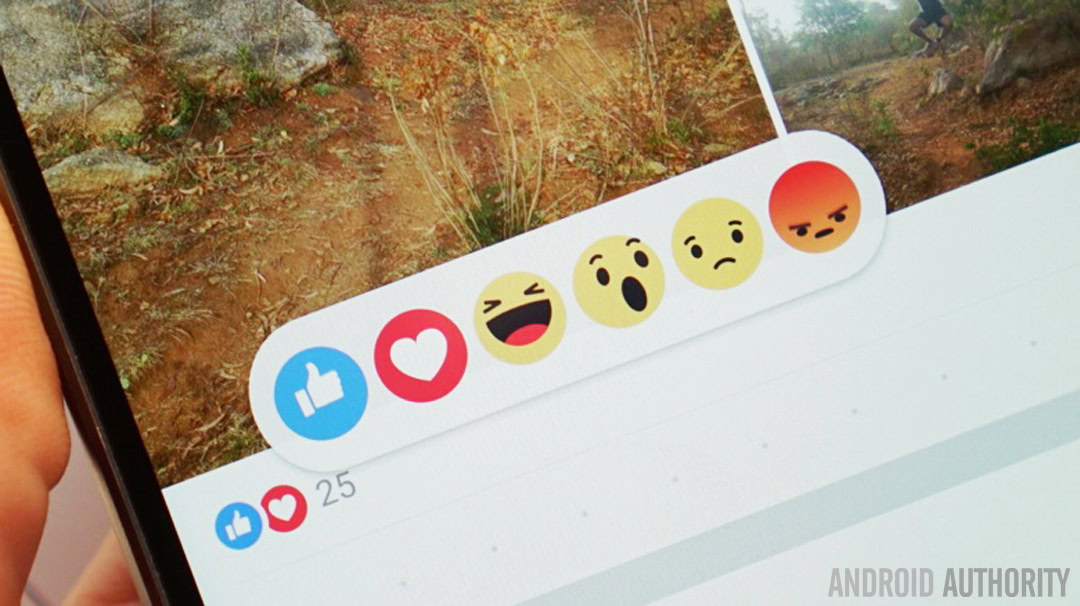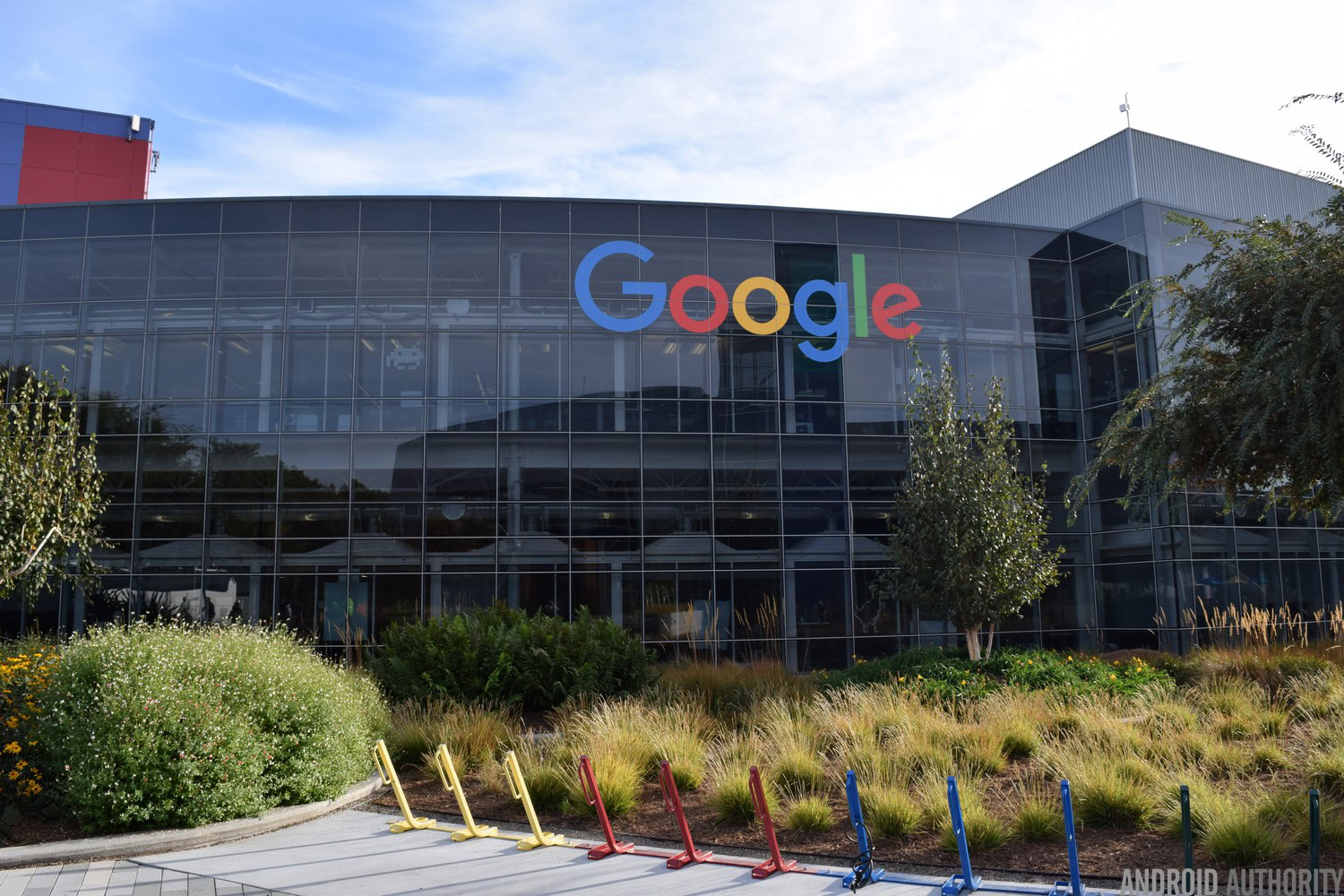Affiliate links on Android Authority may earn us a commission. Learn more.
Facebook finds out when teens feel "defeated," "useless," to help sell targeted ads (Updated)

"On May 1, 2017, The Australian posted a story regarding research done by Facebook and subsequently shared with an advertiser. The premise of the article is misleading. Facebook does not offer tools to target people based on their emotional state.
The analysis done by an Australian researcher was intended to help marketers understand how people express themselves on Facebook. It was never used to target ads and was based on data that was anonymous and aggregated.
Facebook has an established process to review the research we perform. This research did not follow that process, and we are reviewing the details to correct the oversight."
As The Australian had already been in touch with Facebook regarding the matter (Facebook was quoted in the original article), I asked why this information had only just now come to light. I was told that, though The Australian had made an initial inquiry about Facebook's research, the link it had made in the article between said research and its use for targetted advertising wasn't accurate.
At the time of publication, The Australian is yet to update its original story.
Original story, May 1, 05.59 am: That headline likely won’t surprise anybody already aware of Facebook‘s advertising potential, but the finer details of the story are still quite shocking. Facebook is said to have been using “sophisticated algorithms” to help advertisers target vulnerable people as young as 14-years-old.
The news arrives via an article from news site The Australian earlier today and concerns a leaked 23-page document from Facebook’s Australian office. Reportedly, the document describes how Facebook, the world’s largest social media site, is gathering insights regarding 6.4 million young Australians and New Zealanders in the interests of selling targeted advertising.
“By monitoring posts, pictures, interactions and internet activity in real-time, Facebook can work out when young people feel ‘stressed,’ ‘defeated,’ ‘overwhelmed,’ ‘anxious,’ ‘nervous,’ ‘stupid,’ ‘silly,’ ‘useless,’ and a ‘failure,'” The Australian wrote.

In addition to the emotional states above, the algorithms can allegedly discern “when young people exhibit ‘nervous excitement,’ and emotions related to ‘conquering fears.'” Further, image recognition software can allow advertisers to see “how people visually represent moments such as mealtimes” on Facebook-owned photo-sharing platform Instagram.
This is linked to Facebook’s supposed plans to sell ads associated with “looking good and body confidence,” and “working out and losing weight.” Specific products or services these advertisers would offer seemingly weren’t outlined in the document.

Facebook has issued an apology since being contacted by The Australian in regard to the report, who said that the company admitted it was “wrong to target young children in this way.” A Facebook spokesperson also stated: “We have opened an investigation to understand the process failure and improve our oversight. We will undertake disciplinary and other processes as appropriate.” However, Facebook did not answer questions as to whether it conducts these practices elsewhere.
Though the report raises ethical concerns regarding advertising to young people in general, it’s particularly troubling that Facebook could help advertisers target those feeling negative emotions specifically; intense negative emotions are commonly associated with mental health disorders.
In other recent news, Facebook announced plans to build a “brain-computer interface” capable of — to some extent — reading your thoughts (read more about that at the link above), though the company said this wasn’t in aid of finding out information you wouldn’t wish to share.
What’s your take on Facebook advertising to vulnerable young people? Let us know in the comments.